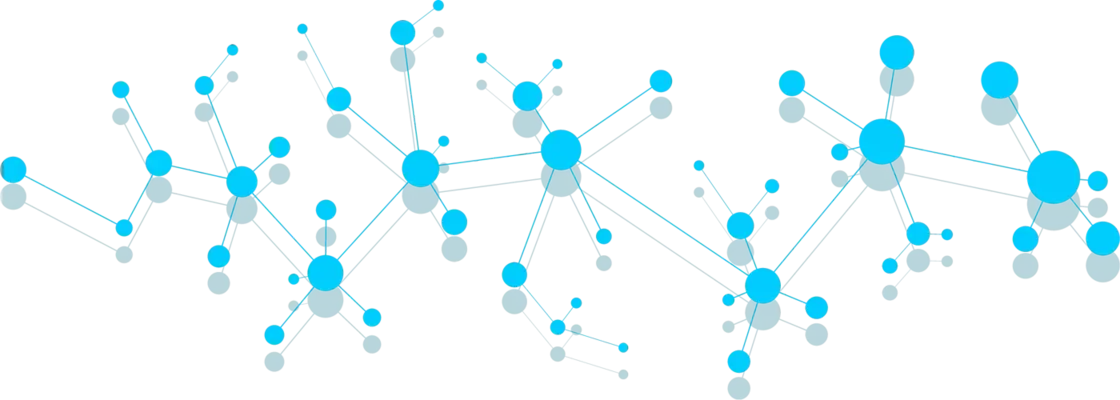An undescended testicle (cryptorchid testes) is when the male testes has not descended into the scrotum from the abdominal cavity at birth and does not do so in the first six months of life. It can occur in one or both sides and commonly the right side is more affected than the left. Its incidence is around 1 percent in male babies of 3 months old.
What is the undescended testicle?
Cryptorchid testes is when the testicles that during fetal development grow in the back of the abdominal wall do not descend into the scrotum before or in the first six months after birth. It is more common that just one testicle stays behind “undescended testicle” but sometimes both remain in the abdominal cavity “undescended testicles”. One out of every 25 male babies are born with an undescended testicle but for only 1 out of 100 male babies the testis or testes remain undescended at 6 months.
Undescended Testicle symptoms
The lack of a testicle in the scrotum (a fold of skin below the abdomen, between the legs) is an obvious sign of an undescended testicle. The testicle can be felt as a soft bouncy ball in the scrotum.
During fetal development the testicles develop in the back of the abdominal cavity and start to move downward to the scrotum via the groin canal in the last trimester of pregnancy.
Diagnosis of undescended testicle
The male baby is diagnosed with an undescended testicle right after birth during the general checkup and is missed here during the first post-natal medical examination. The doctor when diagnosing an undescended testicle will consult hot to treat to and if to treat it.
Undescended testicle treatment
The main treatment of the undescended testicle in the first 6-9 months after birth is conservative and we wait and see if the testicle or testicles descend on its/their own. If at 6-9 months the testicle/s have not descended it is unlikely that they will.
Treatment of an undescended testicle;
Hormonal treatment
The failure of the testes to descend is most probably due to a dysfunction in the hormonal pathway that gives a signal for the testes to descent (hypothalamic-pituitary-testes axis). HCG injections or LH-RH intranasally can help stimulate the natural descend of the testicle/s but it is mostly preferred to do it surgically because it is more effective and with immediate results.
Surgical treatment of an undescended testicle
This method of treatment involves the surgeon manipulating the testicle into the scrotum and fixing it with sutures (orchiopexy). This procedure can either be done through an inguinal incision and 2 scrotal incision or laparoscopic.
When do we decide upon an Undescended testicle surgery?
The decision to do an undescended testicle surgery depends on several factors like, the patient’s general health and the patient’s age. It is best to correct an undescended testicle before the age of 6 years to prevent irreparable tissue damage to the testicle/s. If during surgery the surgeon finds that damage has occurred to the testicle he can partially or wholly remove it, but this is rare. If an inguinal hernia is found it will be fixed during the same surgical procedure. In most cases after an orchiopexy for an undescended testicle, the testicle grows normally producing sperm with the onset of puberty but sometimes the testicles grow normally but with impaired sperm production decreasing fertility.
Treatment for undescended testicle in adults
Treatment for undescended testicles in adults might vary from those that have been treated (orchiopexy) at an earlier age. Surgical treatment for an undescended testicle is best to be done before the age of 1 but can still give good results if done before a boy hits puberty. After puberty however the risk of developing testicular cancer rises and fertility might already be impaired so your surgeon might opt for removing the testicle (orchiectomy). The risk of developing testicular cancer in boys who had an orchiopexy before the age of 13 years was 2.23% compared to 5.40% in men where the orchiopexy was done at a later age.
Undescended testicle pain in adults
An undescended testicle in adults increases the chances of testicular torsion which can cause a sudden onset of pain in groin or inguinal area. A testicular torsion is the twisting of the testicle around its normal axe partially or entirely cutting off the testicle’s blood supply.
An undescended testicle left untreated in childhood has a negative effect on male fertility, this is mainly due to its exposure to higher body temperatures abdominally than it would in the scrotum. These higher body temperatures affect sperm production making men with an untreated undescended testicle more prone to undergoing Assisted Reproductive Techniques (ART) to have children like IVF and ICSI.
Undescended testicle treatment at Bedaya hospital
Bedaya Hospital in cases of adolescents above the age of 13 or adults with an undescended testicle might advise to first take a testicular biopsy to evaluate if there is still hope for the undescended testicle producing (however low) spermatozoa that can be used in ART before deciding to remove the undescended testicle. A late diagnosing of an undescended testes is a psychologically traumatic experience especially when a male’s dream of fathering children becomes difficult or impossible to reach. Bedaya Hospital guarantees you the best outcomes possible if there is hope no matter how slim we have a team of andrologists with the skills and a laboratory with the equipment to find even the smallest number of sperms if there is.






